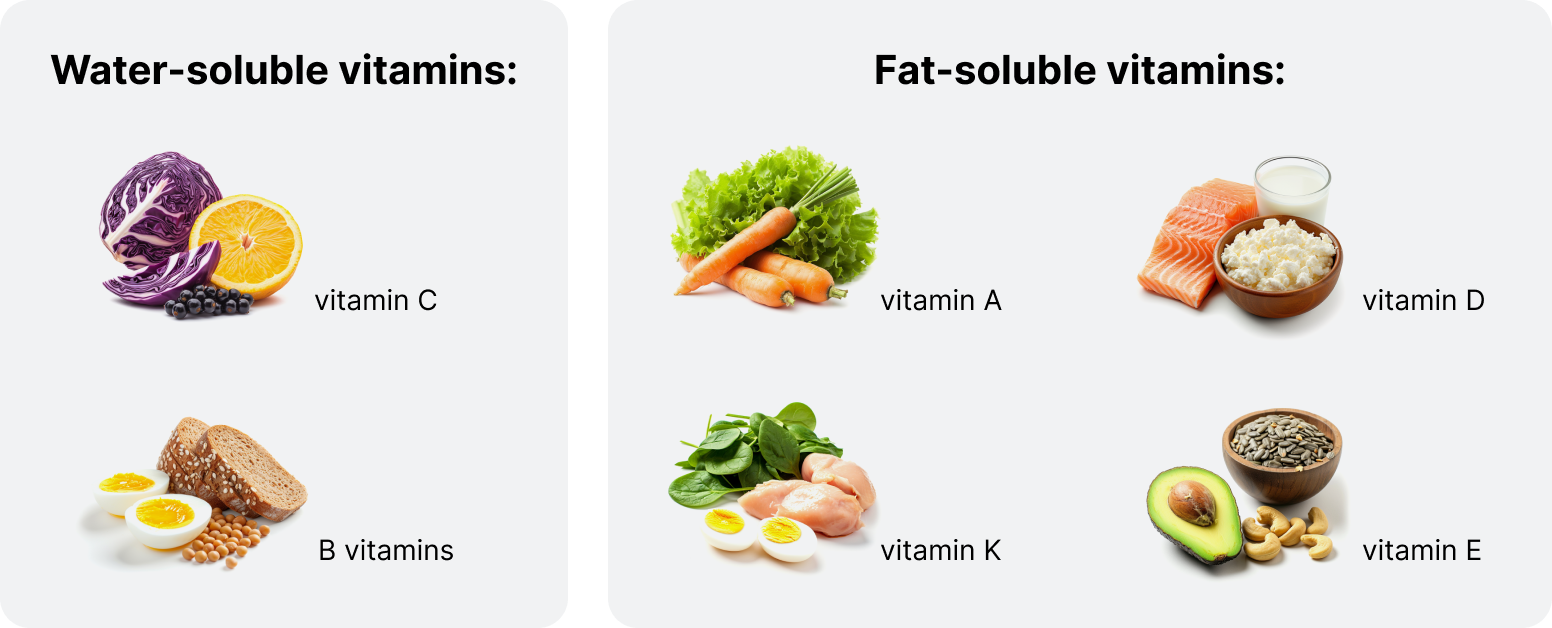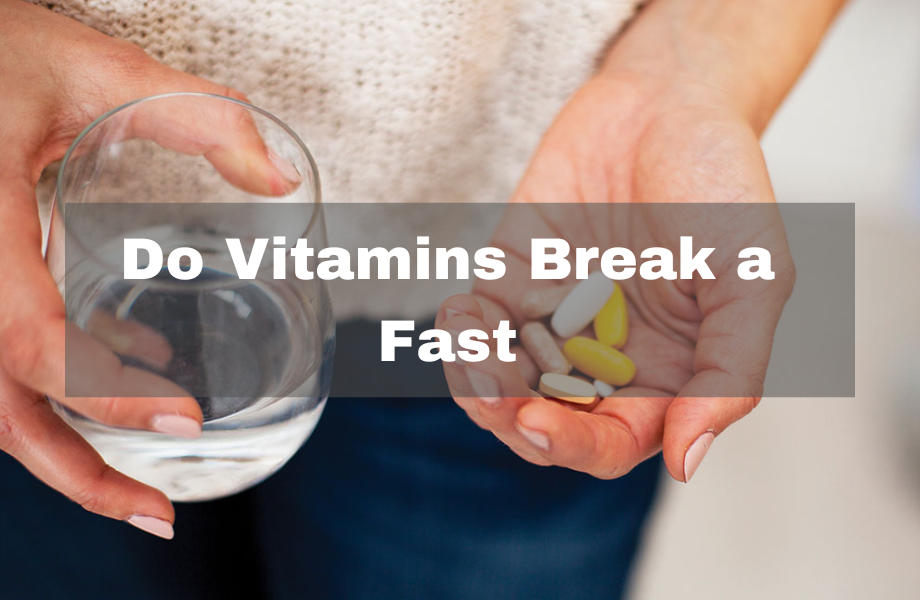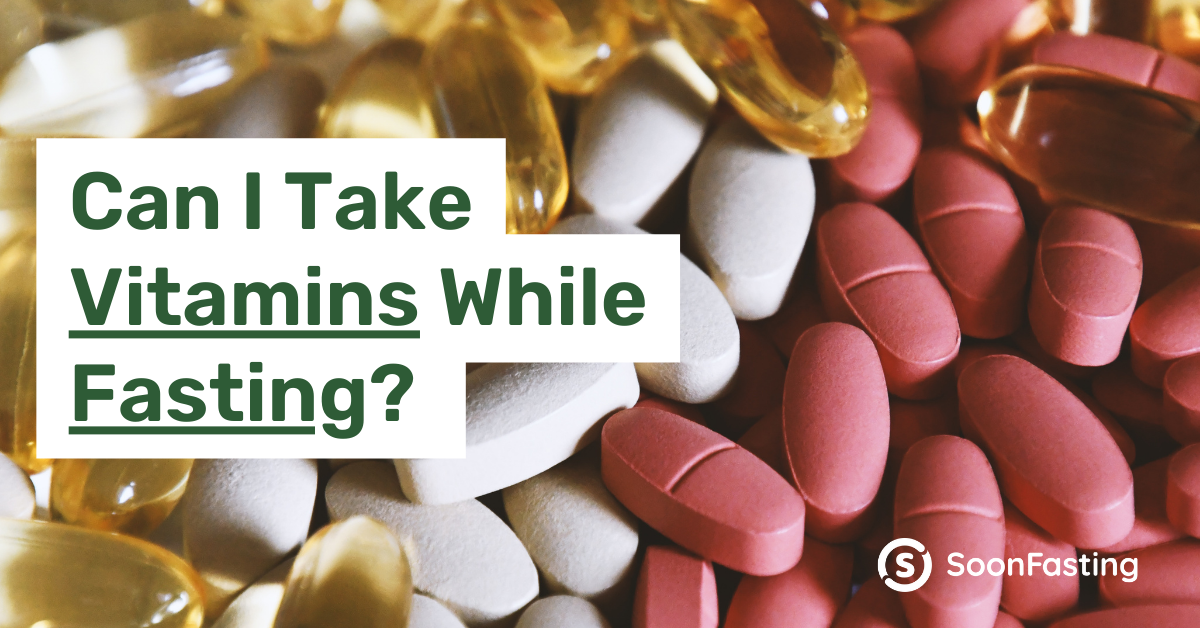Does Taking Vitamins Break A Fast

For millions engaging in intermittent fasting, a simple question can spark a complex debate: Does popping that multivitamin derail the carefully constructed discipline of a fasting window? The answer, frustratingly, isn’t a straightforward yes or no, adding another layer of consideration to an already demanding practice.
The core question of whether vitamins break a fast hinges on understanding the biochemical mechanisms at play during fasting and how vitamin consumption interacts with those processes. This article will delve into the nuances of how different types of vitamins – water-soluble, fat-soluble, and those containing additives – can potentially influence the metabolic state of a fast, drawing on scientific literature and expert opinions to provide a comprehensive overview.
Understanding the Fasting State
Fasting, in its various forms, is primarily about controlling the intake of macronutrients, especially carbohydrates. When carbohydrate intake is restricted, the body shifts from using glucose as its primary fuel source to burning stored fat.
This metabolic switch triggers ketogenesis, the production of ketone bodies, which serve as an alternative energy source. Intermittent fasting aims to prolong this fat-burning state, leading to weight loss and other potential health benefits.
Calories and the Fast
The most basic definition of breaking a fast revolves around calorie consumption. Any substance containing a significant number of calories can potentially interrupt the fasting state.
Most multivitamins contain very few calories, usually less than 5 calories per serving. In this context, many experts argue that a standard multivitamin wouldn't significantly impact blood sugar or insulin levels enough to technically "break" a fast.
The Insulin Response
However, the issue becomes more complicated when considering the insulin response. Some vitamins, particularly those in gummy form or containing additives like sugars or artificial sweeteners, can trigger a small insulin release.
Even a minor insulin spike can temporarily disrupt ketosis, hindering the fat-burning process. Dr. Jason Fung, a nephrologist and expert in intermittent fasting, emphasizes minimizing any insulin response during fasting periods to maximize benefits.
Types of Vitamins and Their Impact
The type of vitamin plays a crucial role in determining its effect on a fast.
Water-Soluble Vitamins
Water-soluble vitamins, such as vitamin C and B vitamins, are generally considered less likely to break a fast. These vitamins are not stored in the body and are excreted in urine, minimizing their impact on metabolic processes during fasting.
However, large doses of certain B vitamins could still potentially stimulate metabolic activity, although this is less likely than with other types of supplements.
Fat-Soluble Vitamins
Fat-soluble vitamins (A, D, E, and K) require fat for absorption. Taking these vitamins on an empty stomach may reduce their bioavailability.
Some argue that taking them with a small amount of healthy fat during a fasting window (e.g., a teaspoon of olive oil) to enhance absorption might be acceptable, as the fat content is minimal and may not significantly disrupt ketosis. However, opinions vary on this point.
Vitamins with Additives
The real culprit in many vitamin supplements isn't the vitamins themselves, but the additives. Gummies, chewable vitamins, and even some capsules can contain sugars, artificial sweeteners, or other ingredients that can trigger an insulin response.
It's crucial to carefully examine the ingredient list and opt for supplements with minimal or no additives. Choose capsule or tablet forms without added sugars or artificial sweeteners.
Expert Opinions and Recommendations
The optimal approach to vitamin supplementation during intermittent fasting remains a subject of debate among experts. Some advocate for taking vitamins only during the feeding window to completely avoid any potential disruption.
Others suggest that low-calorie, additive-free vitamins are acceptable during the fasting window, particularly if individuals experience nutrient deficiencies. Dr. Valter Longo, a gerontologist and expert on fasting, emphasizes the importance of maintaining adequate nutrient intake, even during periods of caloric restriction.
The Individualized Approach
Ultimately, the decision of whether or not to take vitamins during a fast is highly individualized. It depends on the type of fasting being practiced, the individual's health status, and their goals.
Those practicing strict intermittent fasting for specific health conditions like epilepsy or diabetes may need to be more cautious. It is advisable to consult with a healthcare professional or a registered dietitian to determine the best course of action.
Future Research and Considerations
More research is needed to fully understand the impact of vitamin supplementation on the metabolic effects of intermittent fasting. Studies specifically designed to evaluate the insulin response to different types of vitamin supplements during fasting periods would be particularly valuable.
Further research should also explore the potential synergistic effects of combining intermittent fasting with specific vitamin therapies for various health conditions.
Conclusion
The question of whether vitamins break a fast is not easily answered. While low-calorie, additive-free vitamins are unlikely to significantly disrupt most intermittent fasting protocols, individuals must consider the type of vitamin, its ingredients, and their own individual responses.
Careful attention to detail and consultation with healthcare professionals will enable individuals to make informed choices and maximize the benefits of both intermittent fasting and vitamin supplementation. The key lies in understanding the nuanced interplay between these two practices and tailoring the approach to individual needs and goals.









![Does Taking Vitamins Break A Fast Does Vitamin D Break a Fast? [Intermittent Fasting Tips]](https://static.wixstatic.com/media/175885_0fbd2d3a8e2c4e019360968ef503ac52~mv2.jpg/v1/fit/w_1000%2Ch_1000%2Cal_c%2Cq_80/file.jpg)




![Does Taking Vitamins Break A Fast Does Vitamin C Break a Fast? [Intermittent Fasting Tips]](https://static.wixstatic.com/media/175885_00aed76552d34dab81cecb0bff081657~mv2.jpg/v1/fill/w_980,h_1470,al_c,q_85,usm_0.66_1.00_0.01,enc_avif,quality_auto/175885_00aed76552d34dab81cecb0bff081657~mv2.jpg)



